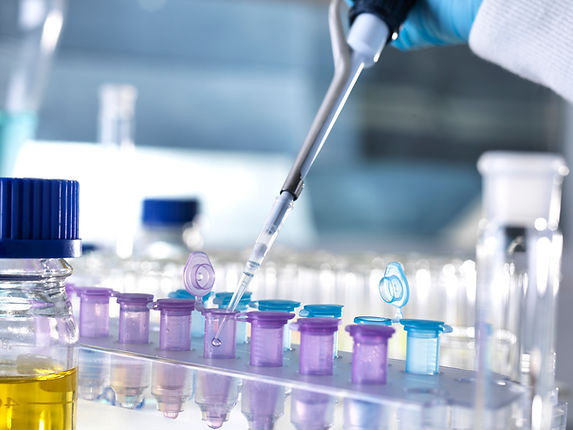TUMOUR CELL MECHANOBIOLOGY


Science
What we do
Our main objective is to increase our understanding of the motile behavior of cells in cancer. For this, we investigate the molecular, biochemical mechanisms that govern the mechanical properties, contractile forces, cell-matrix adhesions, and the capacity to deposit extracellular matrix, of fibroblast cells, and how these properties, when defective, cause cancer. The cancer types we focus on are Triple-negative breast cancer and Infantile fibrosarcoma. The projects focus in particular on the biology of cell-matrix adhesion, cytoplasmic cytoskeleton, in particular on the intermediate filament protein vimentin, as well as of the mechanical and adhesive properties, contractile forces, shape and motility of fibroblasts, and of the extracellular matrix, including the biology of hyaluronan, aka hyaluronic acid.
The techniques we use include ex vivo and in vitro culture of primary and genetically modified patient-derived cells and cell lines on 2D glass, 2D hydrogels and 3D fibrillar networks of different mechanical stiffness, and co-culture in 3D cell spheroids. These cells are manipulated using methods standard methods in cell and molecular biology, e.g. cell transfection, and analysed using protein biochemistry, such as western blot, combined with advanced, multi-colour microscopy techniques, such as Epifluorescence, Confocal, Traction force microscopy, Life cell imaging, Stimulated emission depletion (STED) and Stochastic optical reconstruction (STORM) microscopy. In addition, we analyse single cells using Flow cytometry and Fluorescence-activated cell sorting (FACS), and analyse tissue sections from patients using Immunohistochemistry, followed by Confocal microscopy,

Mechanobiology of fibroblasts

Cancer-associated fibroblasts in triple negative breast cancer

Vimentin in cancer
Hyaluronan in cancer
_edited.jpg)
We are grateful for financial support from:
- Robert Lundbergs minnesstiftelse
- The Federation of European Biochemical Societies Youth Travel Found
- The Federation of European Biochemical Societies
- Magnus Bergvalls Stiftelse
- Swedish Research Council- Vetenskapsrådet
- Karolinska Institutet foundations
- Svenska Sällskapet för Medicinsk Forskning: SSMF
- O.E. och Edla Johanssons stiftelse
- The Hesselman Foundation
- The Swedish cancer society - Cancerfonden
- Ollie och Elof Ericssons stiftelse - Ollie och Elof Ericssons foundation
- Fundação para a Ciência e a Tecnologia (FCT) with funds from the Portuguese Government (PEst-OE/QUI/UI0674/2013)
- The Agência Regional para o Desenvolvimento
da Investigaçaõ Tecnologia e Inovação (ARDITI) through project M1420-01-0145-FEDER-000005—Centro de Química da Madeira—CQM (Madeira 14-20)
- University of Sheffield
- Department of Automatic Control and Systems Engineering Pump--up funding for two new collaborative projects, University of Sheffield
- Erasmus Mundus scholarships | Erasmus+